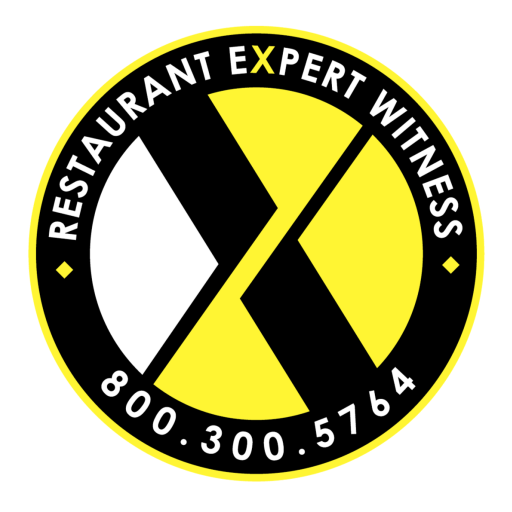The IRS
The IRS will collect taxes from you, your business, and your employees. You need to obtain an Employer Identification Number (EIN) by filing form SS-4. Also, you are required to pay estimated federal income taxes quarterly as well as withhold federal income taxes, Social Security taxes (FICA), and Medicare taxes from all of your employees’ paychecks. This experience can be taxing (pardon the pun), but the IRS does provide an assortment of pamphlets and circulars that spell out all the guidelines. You should contact a tax or accounting professional also. Do this step right. You do not want tax trouble.
The Department of Labor
The Department of Labor, sometimes called the Labor Board, administers the Fair Labor Standards Act. It ensures compliance with and adherence to the rules and regulations surrounding the federal minimum wage, employing teens, overtime regulations and the managing of the Equal Employment Opportunities Commission (EEOC), which deals with discrimination complaints. To understand the rules covered by EEOC, I suggest you study all the government’s pamphlets carefully.
A branch of the Department of Labor is the Occupational Safety and Health Administration (OSHA). When it comes to the safety and health of your employees, OSHA writes and enforces the federal rules. As an employer you are required to post their (and in some state’s that have their own OSHA) posters that educate your employees about their safety and health rights. They also inspect workplaces. For more information, you can go to their website at www.osha.gov.
The Department of Immigration and Naturalization Services
The Department of Immigration and Naturalization Services (INS) help make sure that all employees can legally work in the United States under the Immigration Reform and Control Act of 1986 (IRCA), which makes it strictly illegally for employers to knowingly hire or continue to employ unauthorized immigrants. Under the IRCA, strict guidelines are outlined so that an employer can verify employment status, that discrimination based on country origin or citizenship status does not occur and that penalties occur to employers that break the law. To understand the IRCA, I suggest you contact the INS.
Food for Thought
Most daily licensing and legal needs are dealt with on a state or local level, not a federal level. State laws vary, and becoming informed on your given state’s guidelines is critical to your success. Local guidelines vary even more than state laws; because of zoning, guidelines can be different between restaurants that are merely blocks apart. The state and local agencies are typically focused on adherence to the liquor laws, the health codes, and the safety guidelines.
To learn more about Restaurant Expert Witness, Howard Cannon, and the expert services he provides, please click here: Howard Cannon, Restaurant Expert Witness – Bio; Visit: www.RestaurantExpertWitness.com; call: 800.300.5764 or Email
